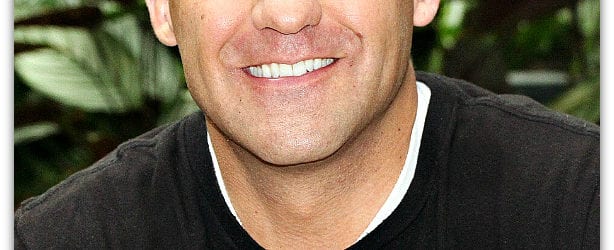Why don’t cannibals eat comedians? They taste funny.
Ha ha… all kidding aside.
In our book of the month, The Richest Man in Babylon, we learn about the man who desired gold and the lessons he learned from the Richest Man.
The first being, a part of all you earn is yours to keep.
The next 2 revolve around making sure you don’t lose what you’ve paid yourself.
An interesting thing about money is that once you have some it seems there is no shortage of people around you trying to get it.
Suddenly everyone has great ‘investment’ ideas and because our minds are tuned for opportunity, it’s tempting to send money here, and there so it can multiply.
In the story, the young student proudly tells his mentor that he’s wisely invested his savings with the brick maker who promised to buy jewels.
“Every fool must learn,” his mentor growls, ‘But why trust the knowledge of a brick-maker about jewels?”
He goes on to say “…you have jerked your wealth-tree up by the roots. But plant another. Try again. And next time if you would have advice about jewels, go to the jewel merchant.”
Turns out there’s a difference between and investment, and a wise investment.
And so more care is taken that once our hero gets the money, it’s more wisely invested and wallah, now the mommy and daddy dollars and producing baby dollars on a consistent monthly basis.
Residual income, pipeline money – WAHOO!
Our hero’s mentor, Algamish asks his student, “what do you do with your earnings?”
“I do have a great feast, with honey and fine wine and spiced cake.”
The mentor laughs, ‘You do eat the children of your savings. Then how do you expect them to work for you? And how can they have children that will also work for you?”
And that’s a great question for anyone who might be engaging in financial cannibalism.

